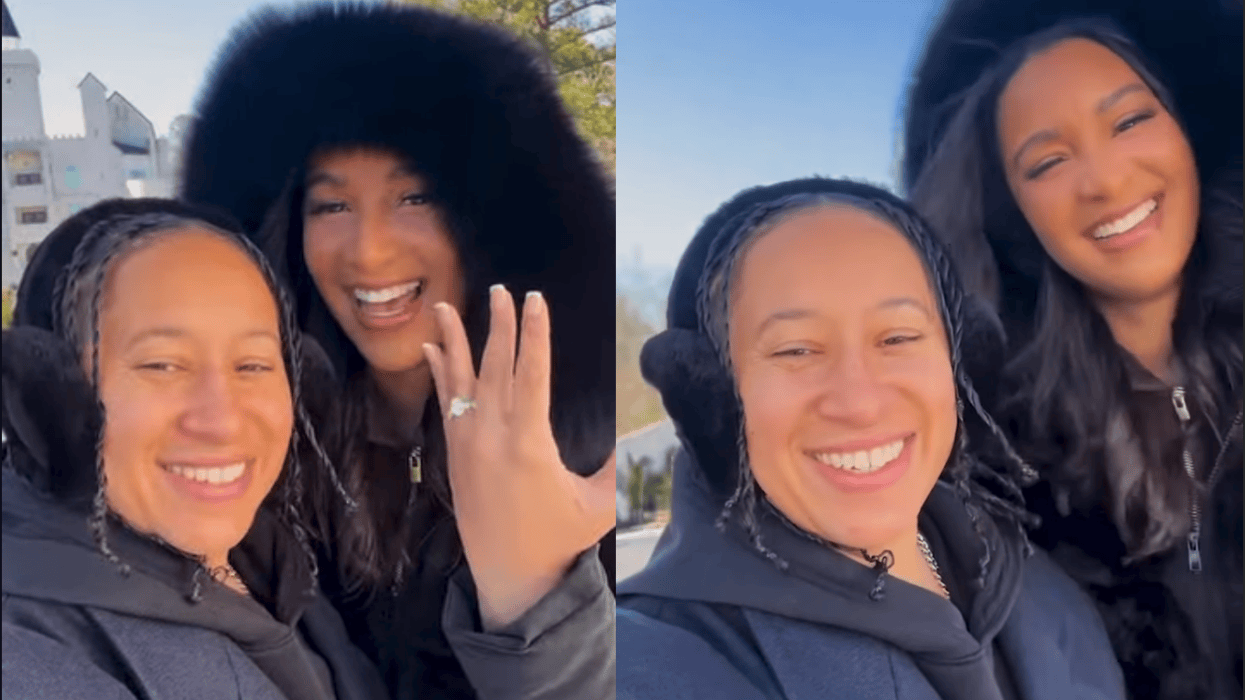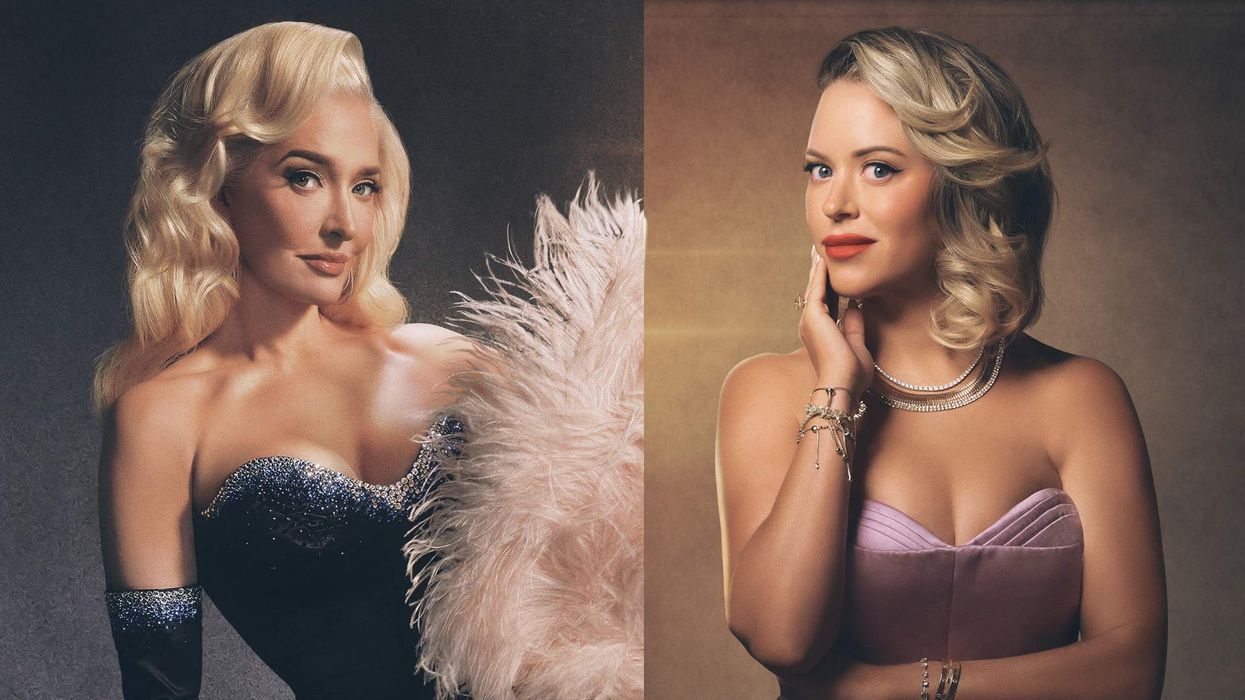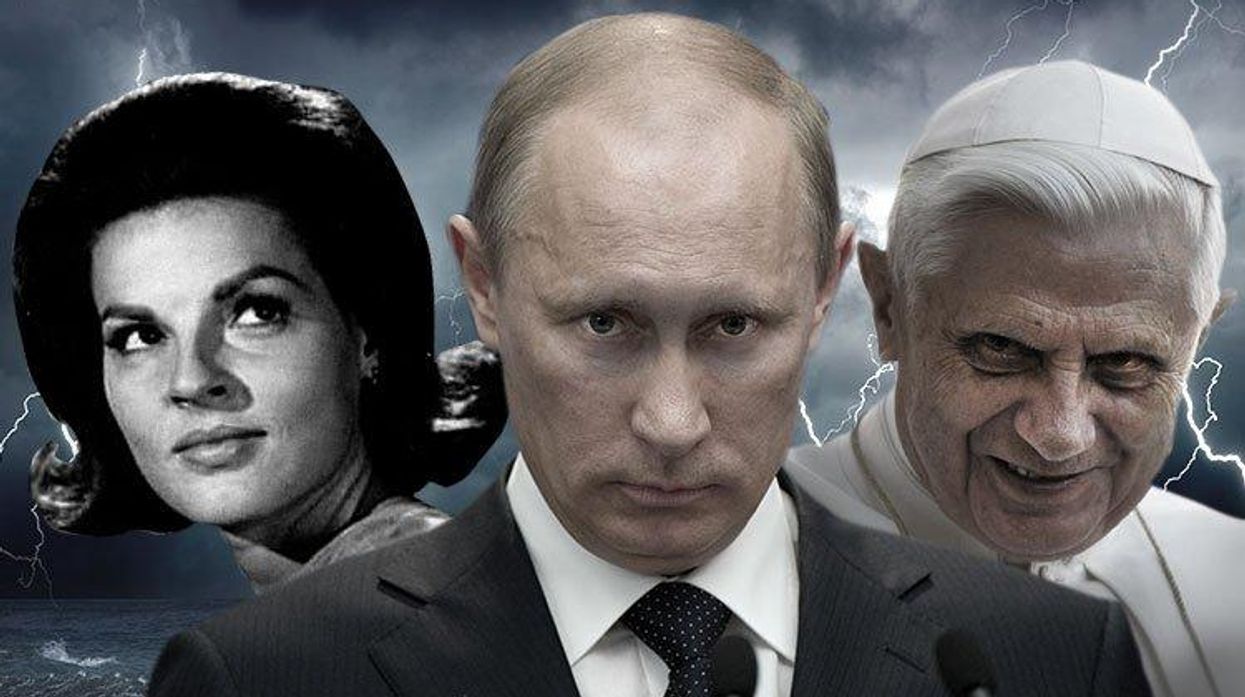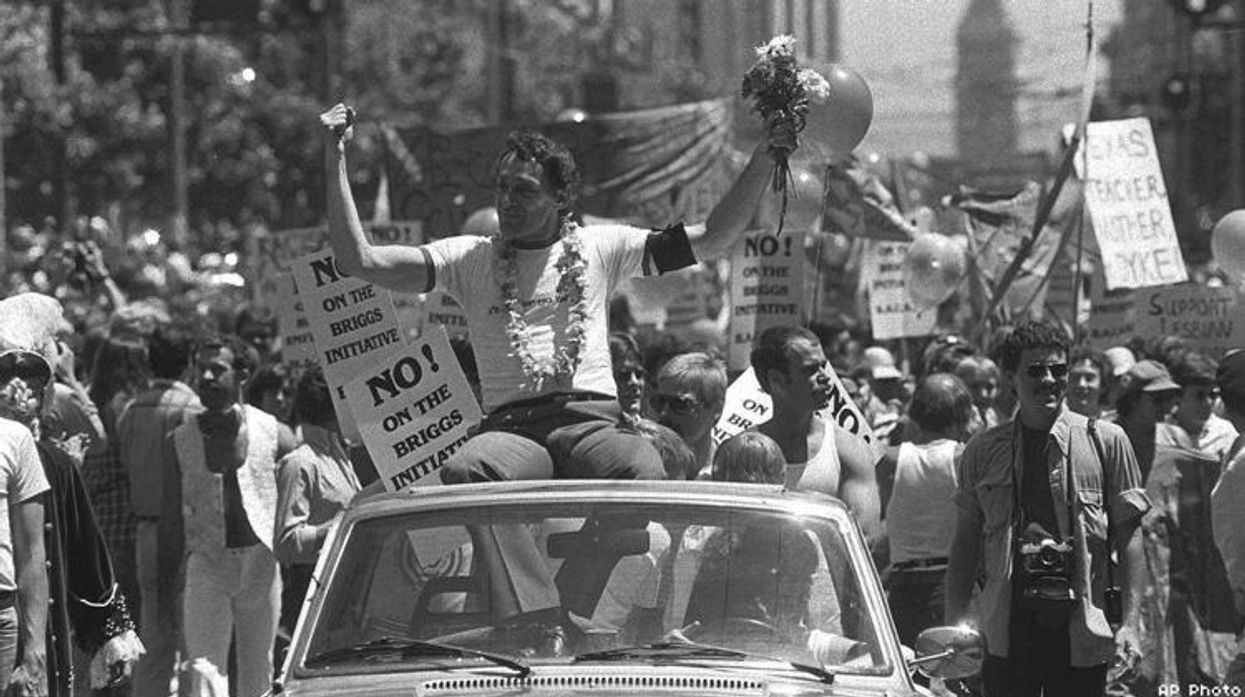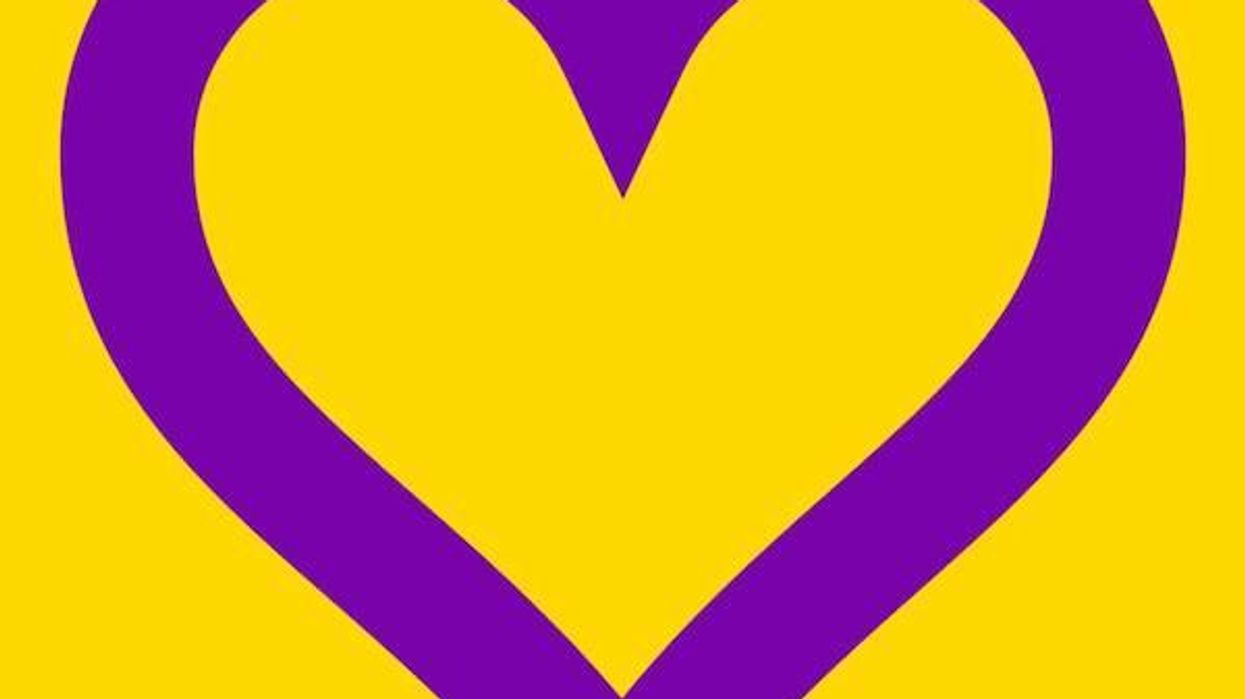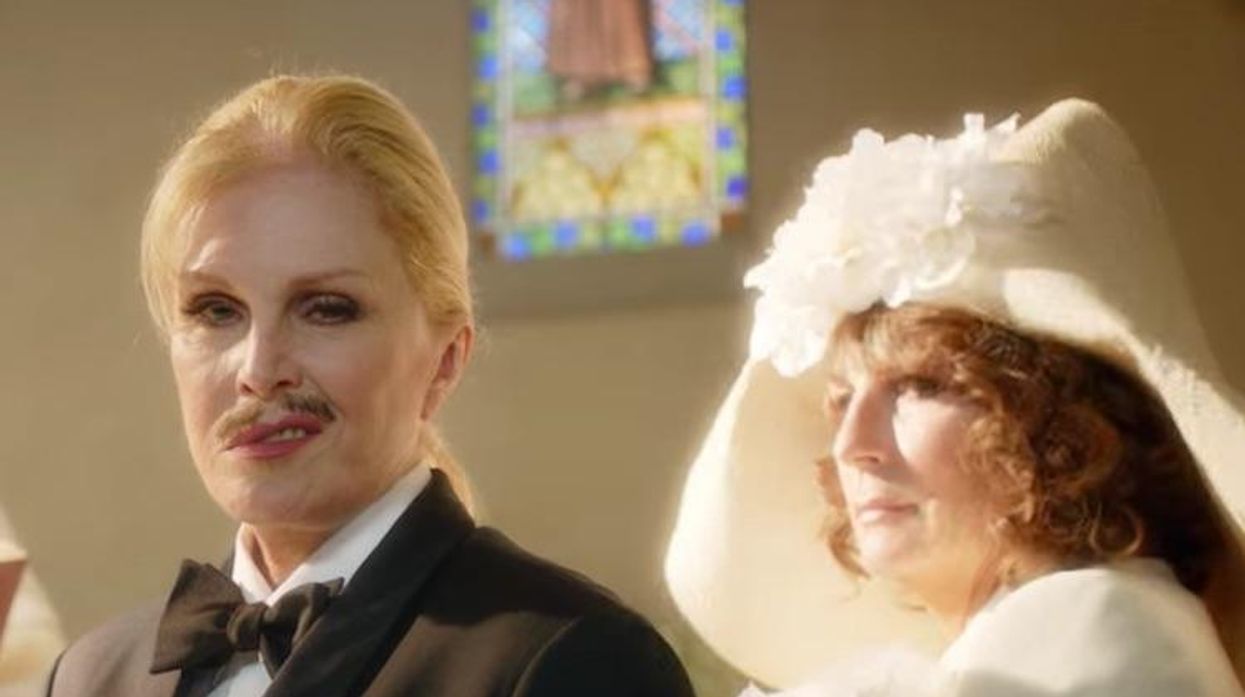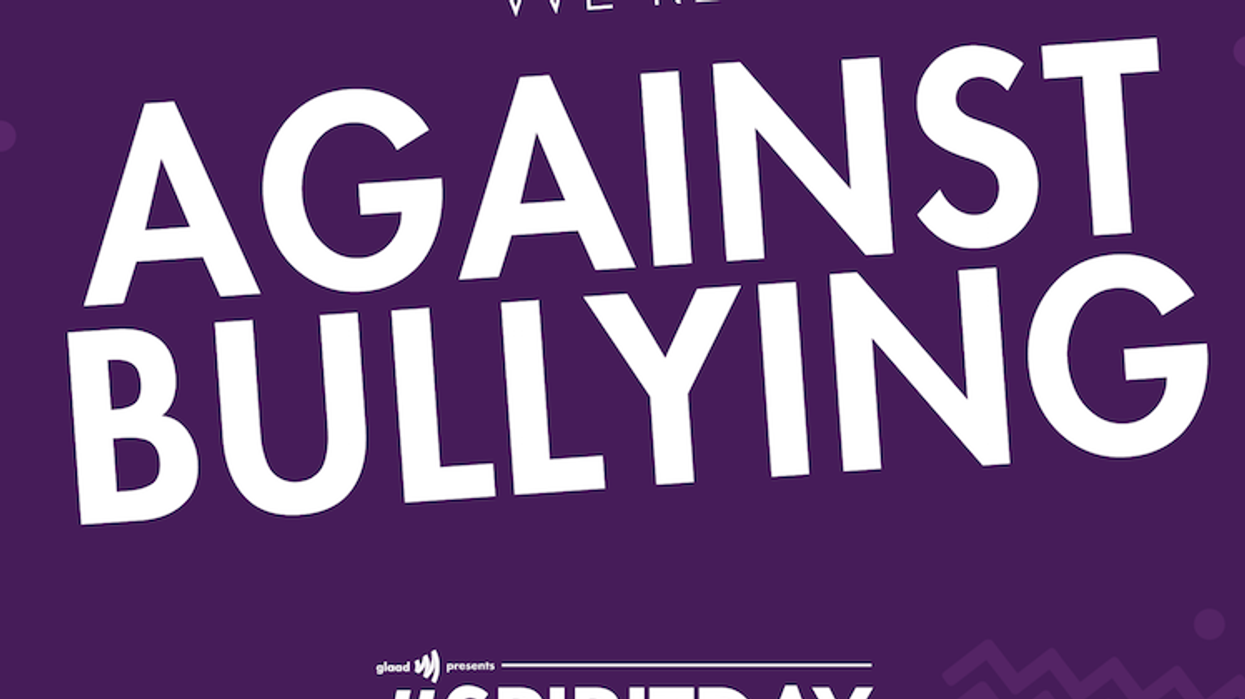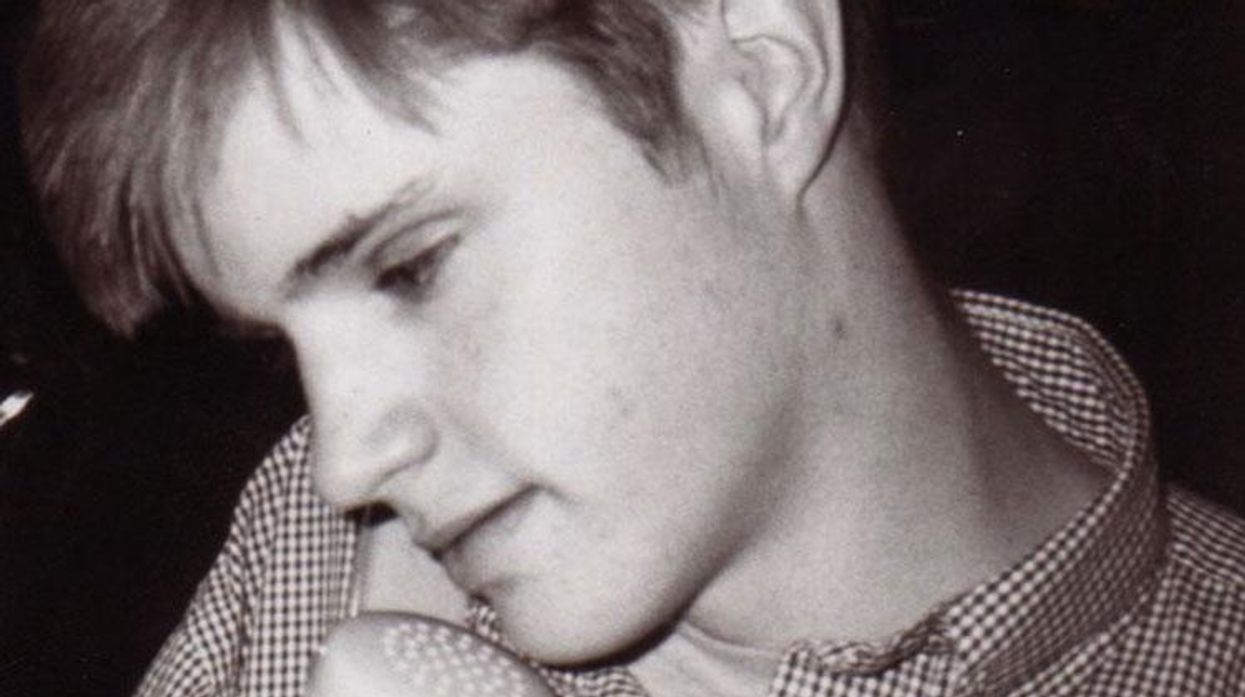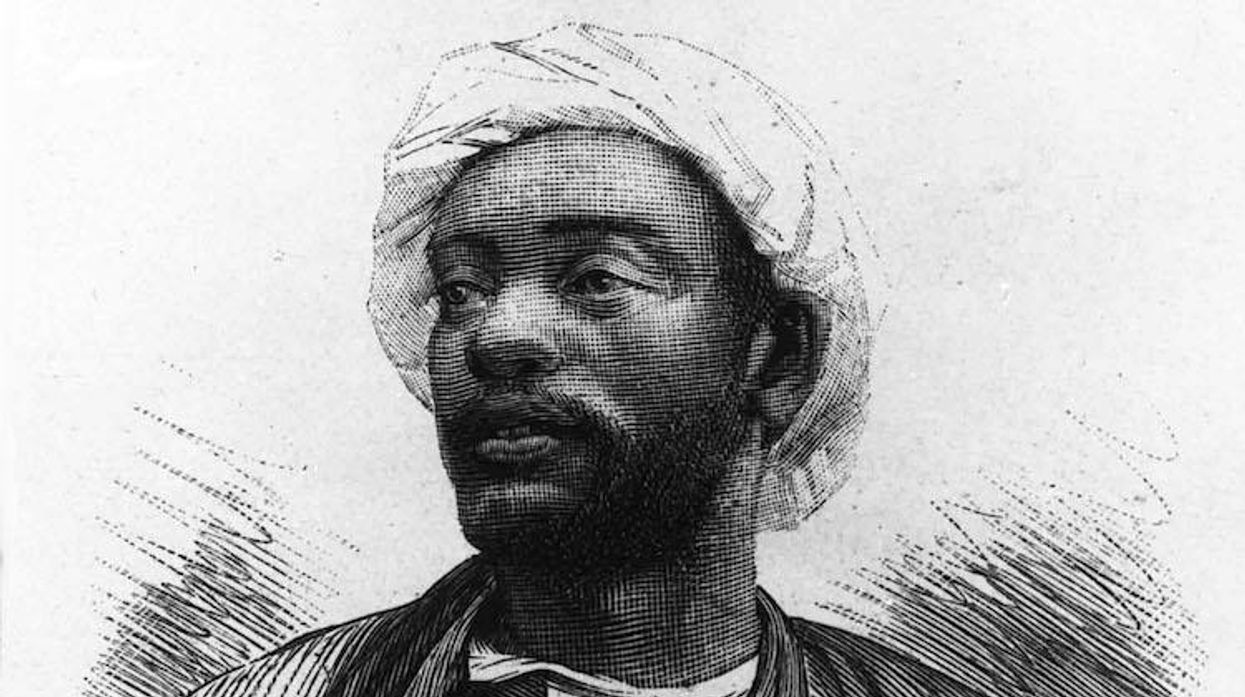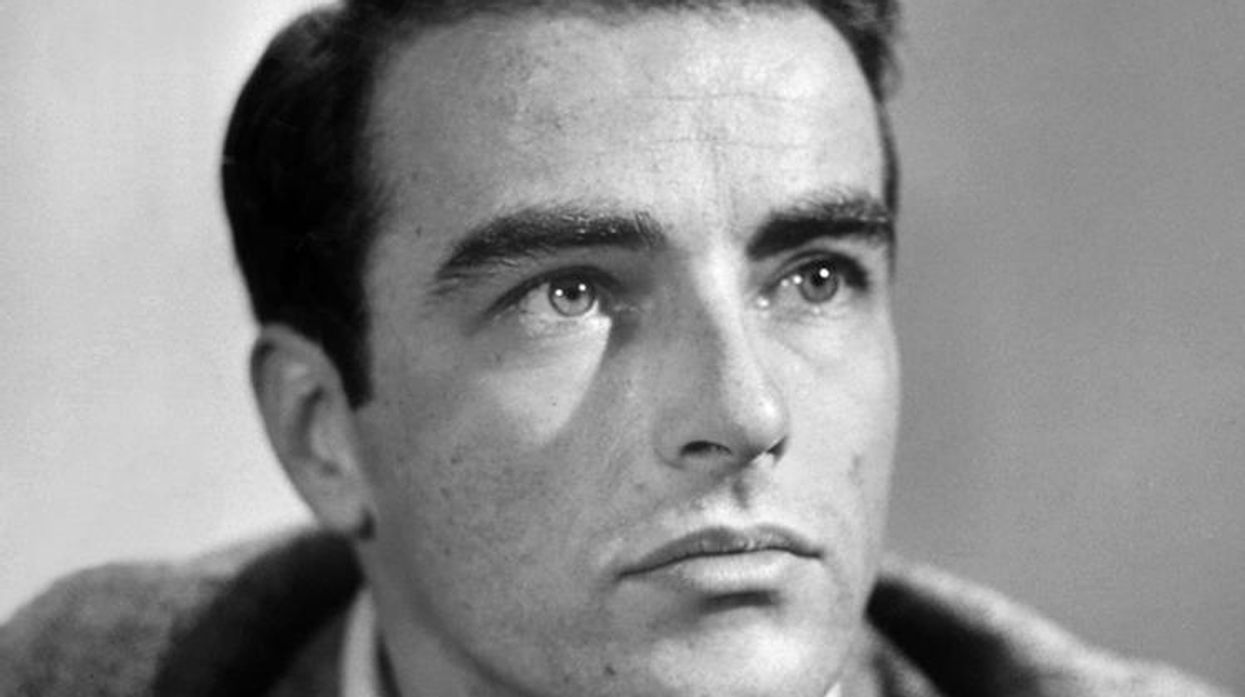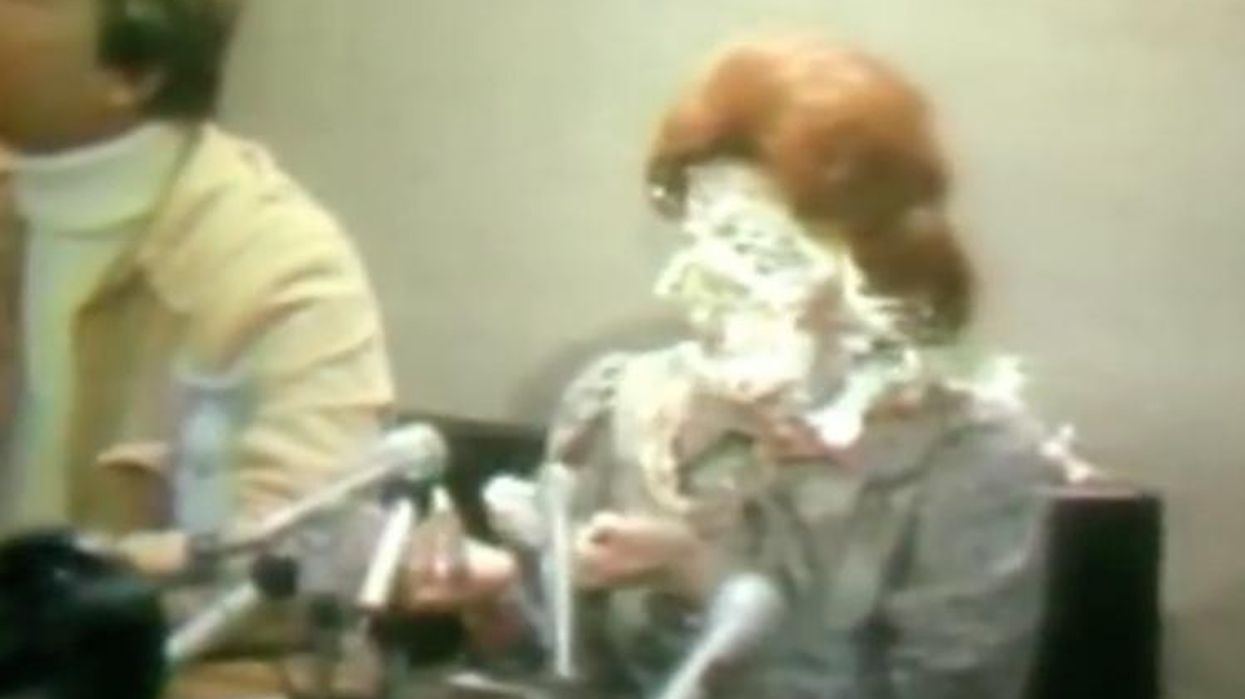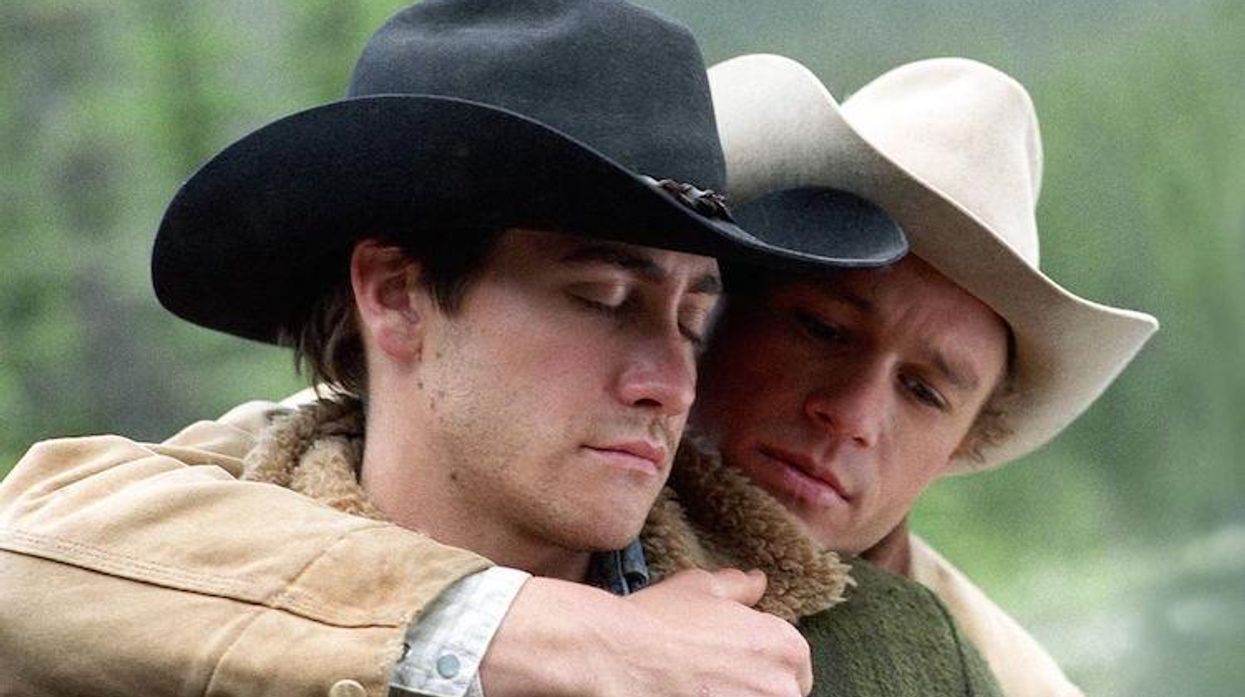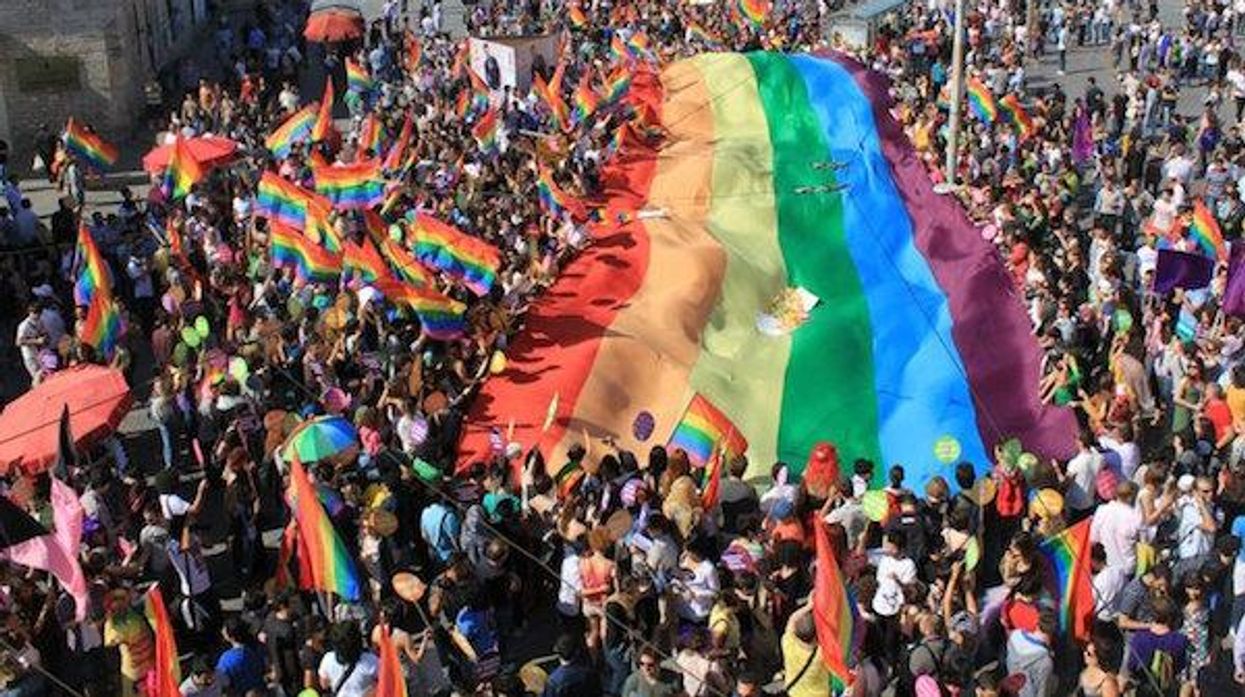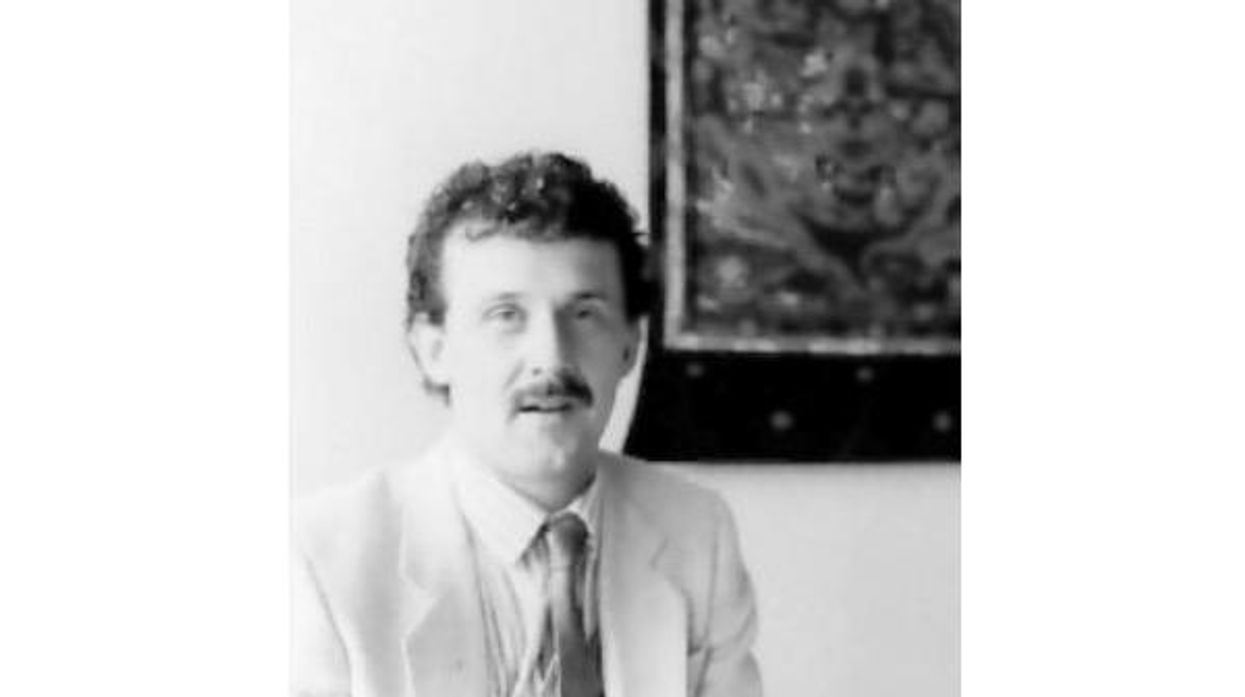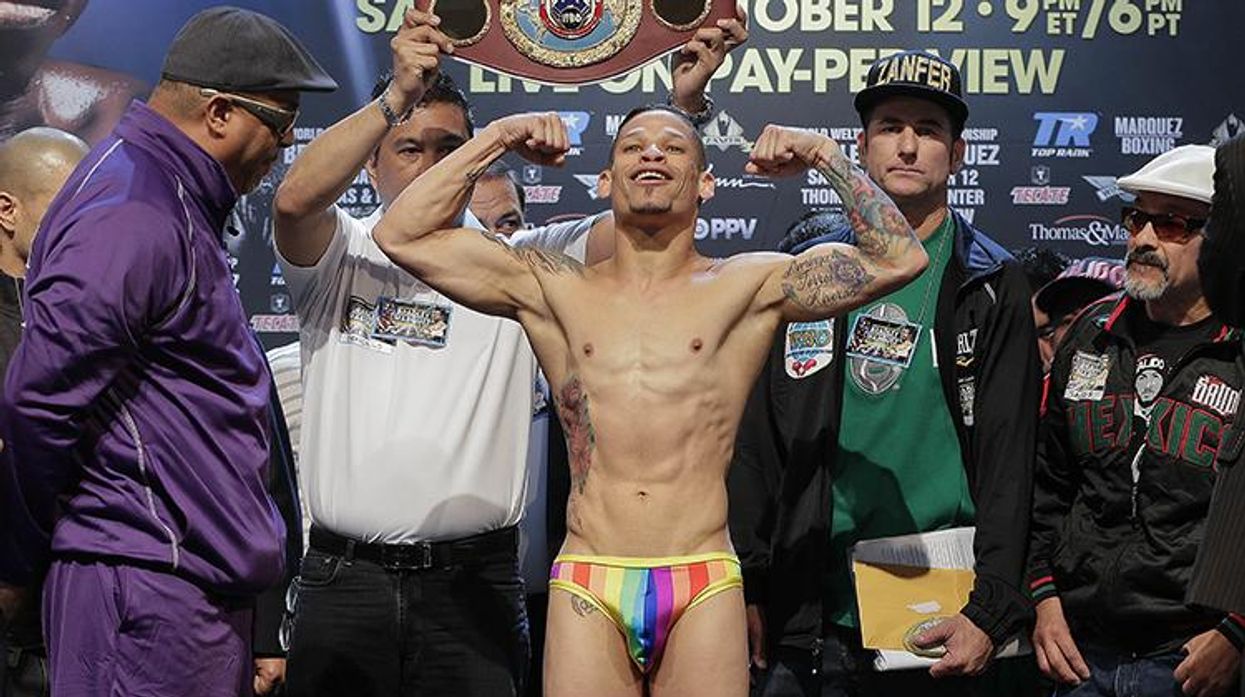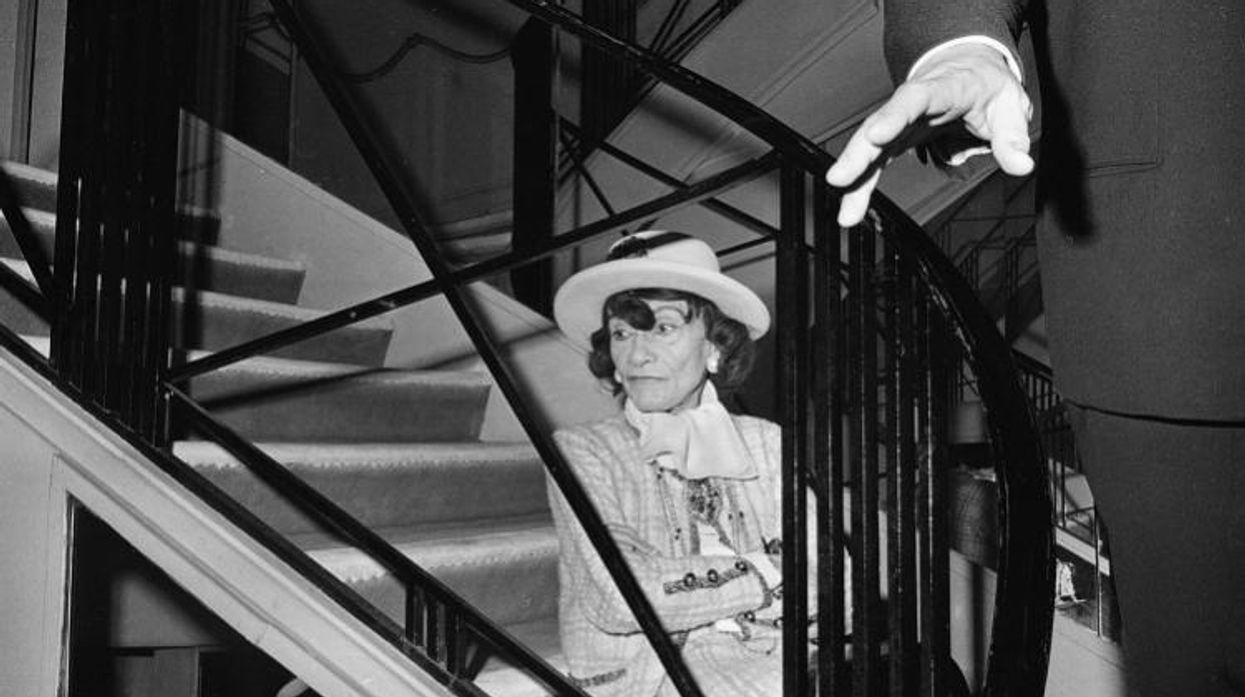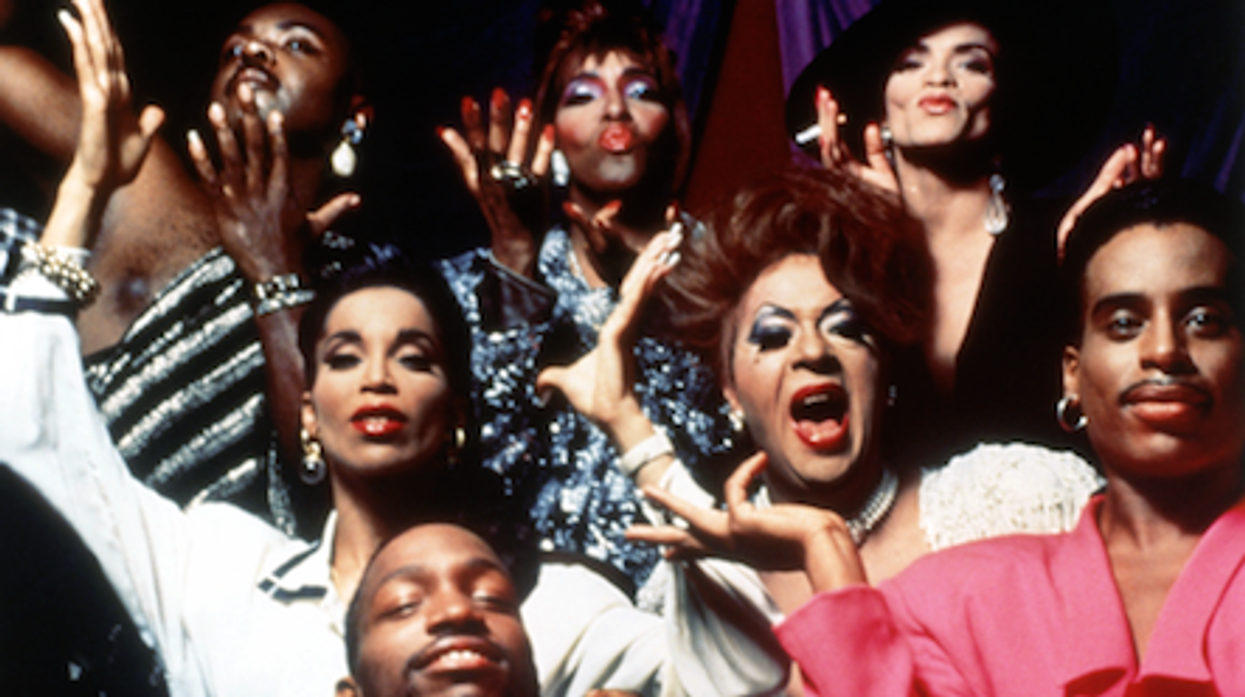In Kill Your Darlings, director John Krokidas's movie starring Daniel Radcliffe and Dane DeHaan as Allen Ginsberg and Lucien Carr, we see a young William Burroughs (played wonderfully by Ben Foster) who is already beginnig to influence a generation of Beat writers. With so many recordings of that raspy, Mid-American accented voice and movies with actors trying to impersonate him, it's a refreshing portrait of a notorious man, godfather to a generation of queer men and women and poets and artists and madmen. It's before he would go on to accidentally murder his wife by shooting her in the head during a dinner game, become sickenly addicted to heroin and other drugs, and write groundbreaking works such as Queer, Junkie, and Naked Lunch.
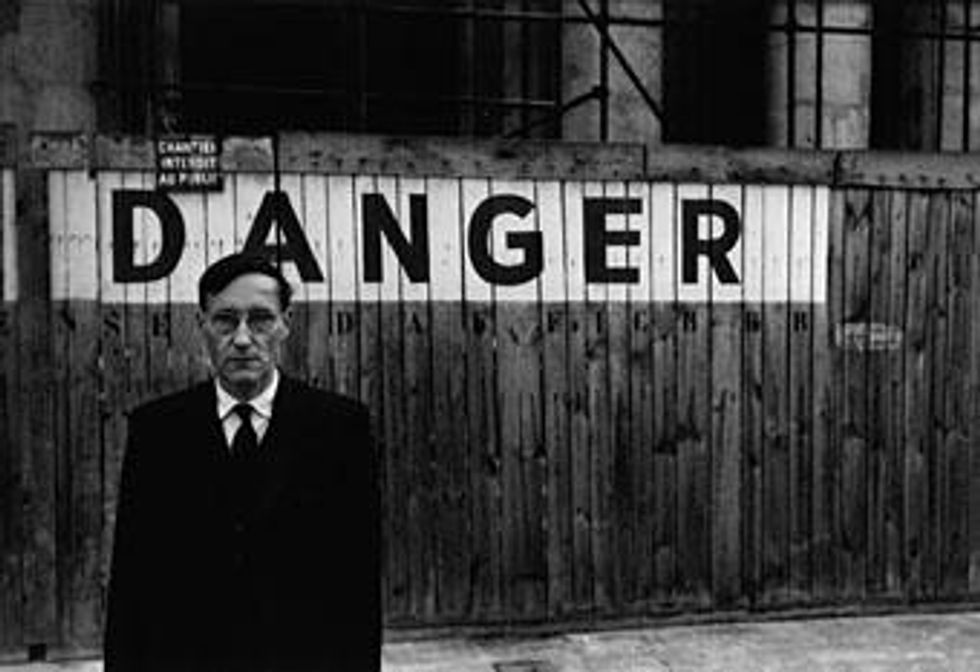
It contains fascinating vignettes about his early life, such as this moment in Chapter 4 about the time he attended Los Alamos Ranch School in New Mexico, with its motto: "Boys become men more easily when separated from oversolicitous mothers." Gore Vidal would attend the same school 10 years after Burroughs. Miles writes:
"Every month all the boys were subject to naked physical examinations in the nurse's office by two of the teachers. They were weighed and measured to see how much they had grown and to check their muscle tone. [School master Albert James] Connell took a close personal interest in this and was almost always there to supervise, touching their arms, chests, and buttocks though never anywhere else. His sexual interest in the boys was generally recognized by the staff and boys, and many were concerned by it."
This was how boys were treated in the early part of the 20th century, and why it ended up creating so many issues around their nascent sexuality (as we've also read in regards to Norman Rockwell and Henry Darger). This is also where Burroughs began to organize shooting expeditions--and his love of guns continued until the end of his life. And figures from this time in his life, such as the Mexican, would later appear in his book The Wild Boys. Burroughs, who knew he was homosexual since he was 13, also developed a crush on one of the boys, William Russell Fawcett and wrote in his journal:
"you align yourselves with people you feel attracted to in some way or another. He was [nice-looking] he had pimples, I find pimples quite attractive...we did actually jack off together under the sheets with flashlights on...They he said that he thought this was all wrong. He said 'I think you are going to be the sort of person that will be revolted by a naked woman...You see with boys...I was attracted to them, I became extremely subservient and actually made myself an object of contempt to the boy. For being so much more interested in them than he was in me. Abject. It was horrid! It was horrible, I don't blame them."
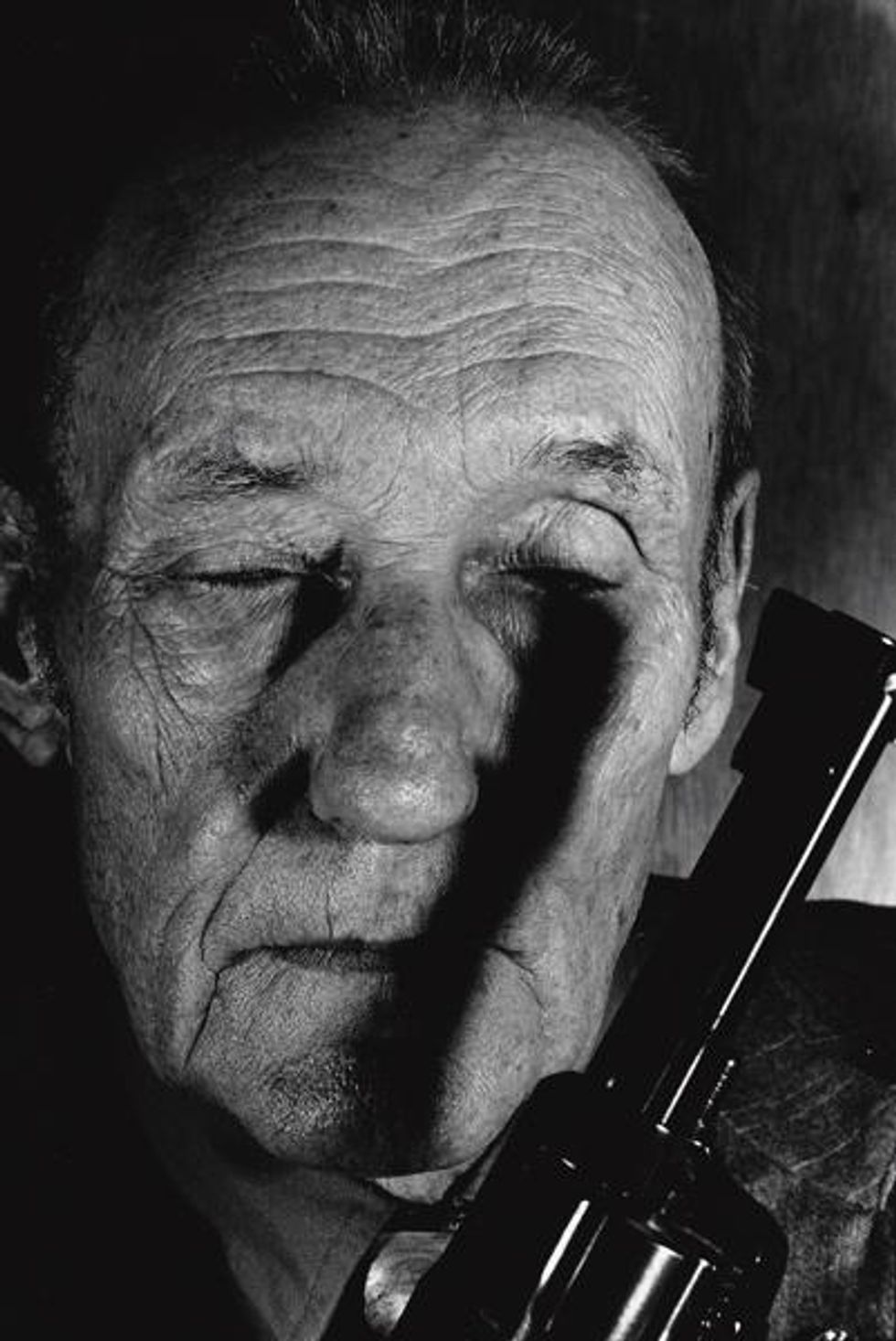
Here's an excerpt of the story, titled "Rebel Without a Pause." At the time, his work was finding yet another generation of fans, and the octagenerian was prolific and eclectic as ever:
His bedroom is small and well ordered, with a Christmas quilt on the bed. As he rolls a joint, I notice something else on the bed, which Burroughs identifies as a .45 automatic. From the pocket of his light jacket he flourish a smaller gun, a .22.
"A very small gun but quite deadly at close range. The same kind killed Bobby Kennedy."
"What kind of hole would this make?" I ask picking up the .45.
"A hole like that," he says, pointing to a deep gouge halfway up the wall while licking the gummed edge of the cigarette paper. "Went off by accident. Never point a gun at anybody, whether you think it's unloaded or not." I'm reminded, unavoidably, of the "William Tell" incident 40 years ago, in which Burroughs accidentally shot his wife Joan: In the preface to Queer, Burroughs writes, "the death of Joan brought me in contact with the invader, the Ugly Spirit, and maneuvered me into a lifelong struggle, in which I had no choice except to write my way out." After decades of wrestling with demons, Burroughs has arguably achieved a lucid serenity.
He shows me an early edition of Conrad's An Outcast of the Islands. He believes Conrad to be the greatest off all English novelists, in part because he learned English as a third Language and found his writerly vocabulary with extreme difficulty. Burroughs' current enthusiasms include The Holographic Universe, by Michael Talbot, and Edmund White's Genet, of which he speaks with infectious enthusiasm: "I would very much like to talk to Edmund White about the book. I think he's done a magnificent job of scholarship. It's an appalling amount of work."
I first saw Genet at the Chicago [Democratic] Convention in 1968, and later at the Delmonico in New York. You could see immediately that he was an absolutely special person. He didn't speak English very well. Most French, if you don't speak French, there's a real cutoff. But not with him. We communicated very well.
"I'm always a little skeptical about books by convicts. They're very dull and self-justifying, like that Jack Henry Abbott. Did you ever read In the Belly of the Beast? Disgusting. Vain, pretentious ... then he gets out and kills someone for no reason. But with Genet you find this very sophisticated refined sensibility, noting like the usual account."
There seems to be as many movies and documentaries about Burroughs (and the Beats) as there are books that they wrote themselves. Most recently was Alan Govenar's documentary The Beat Hotel--which focuses on Allen Ginsberg & Co. when they fled the obscenity trials surrounding the publication of Howl to a small hotel in Paris's Latin Quarter--is now, thankfully, available on Netflix streaming and DVD. They were soon joined by William Burroughs, Ian Somerville, and Brion Gysin, so it was a regular gay Beat flop house. As it's explained, the Beat Hotel was run by Madame Rachou, and it was "a hotbed of creativity and permissiveness, where Burroughs finished Naked Lunch; Ginsberg began his poem Kaddish; Somerville and Gysin invented the Dream Machine; Corso wrote some of his greatest poems; and Harold Norse wrote a novella, aptly called The Beat Hotel." This is a must-see for every Beat completist and anyone interested in the history of queer creativity in the 20th century. Find the DVD and watch the trailer for the film below.



